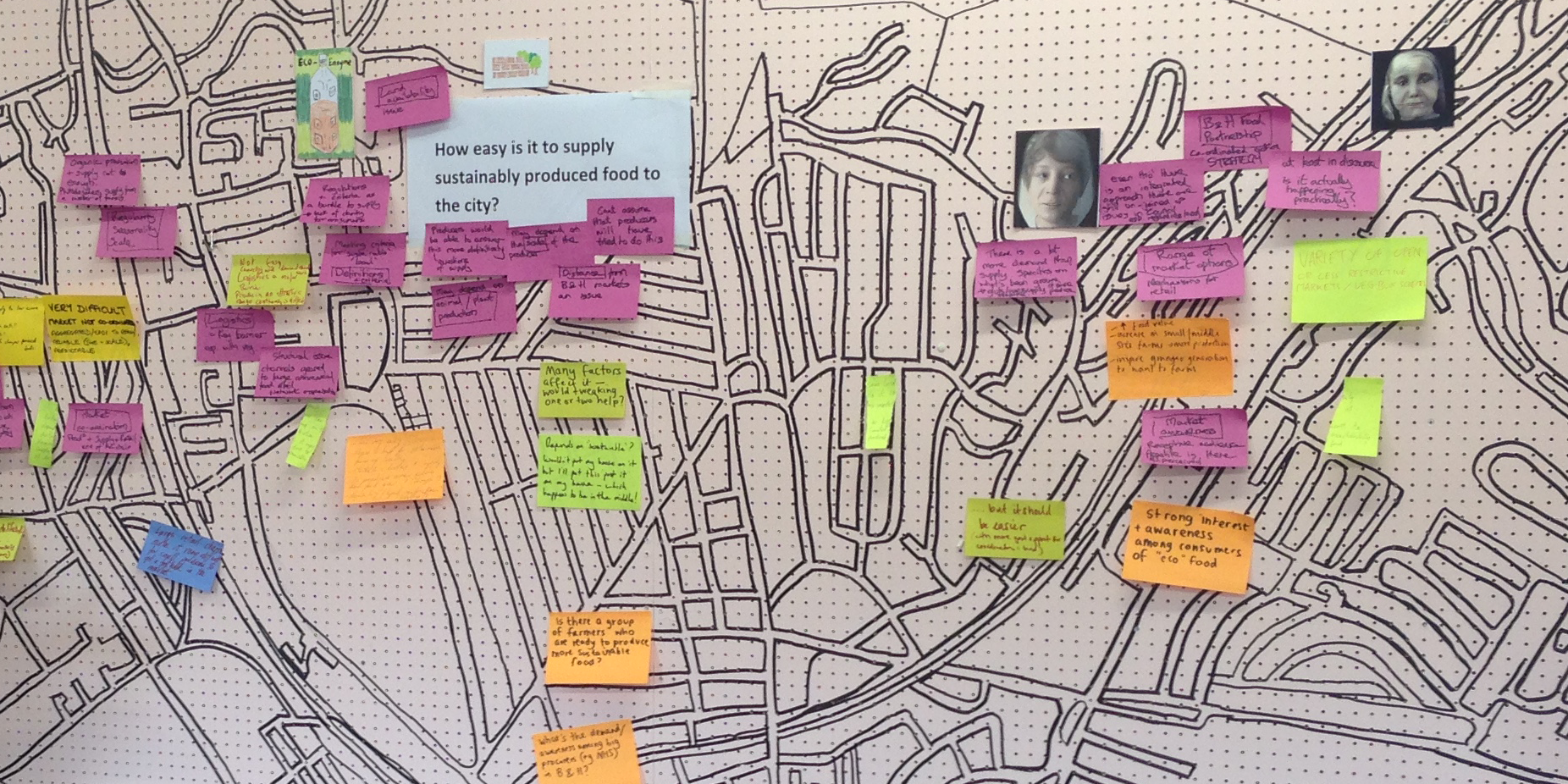
Transformative Pathways to Sustainability, which was published earlier this month by Routledge, draws on findings from five years of transdisciplinary research involving over a hundred researchers across five contents through the ‘PATHWAYS’ Transformative knowledge network (TKN).
This book – over five years in the making – clearly illustrates the powerful potential of internationally-networked, transdisciplinary research. It marks an important step forward in the study of social transformations for sustainability, and is a key resource for those who concern themselves with today’s important challenge of transforming science.
Heide Hackmann, Chief Executive Officer, International Science Council (ISC)
The book – and the research project on which it was based – explore the notion of ‘transformative pathways to sustainability’ through experiences in six different sites across the world – in Argentina, Mexico, Kenya, China, the UK and India, across three domains:
The network brought together different groups and applied a range of social science methods to research and intervene in the sustainability challenges in each of the sites above. One approach that the group experimented with was convening ‘Transformation Labs’ (T-Labs) to explore people’s visions, values and ideas for transformation and develop innovative responses.
As well as exploring findings from the transdisciplinary research in each of the hubs, the book identifies comparative insights and develops a synthesis on transformative pathways to sustainability. It offers lessons for integrating knowledge from the social and natural sciences with other non-disciplinary specialism around locally specific sustainability challenges. Finally, it sets out a future agenda for international, engaged social science research on sustainability transformations, and offers learnings for the coordination and funding of international transdisciplinary research programmes.
Rather than attempting to set out a single overarching theory of transformations to sustainability, the book cautions that “there is unlikely to be a single theory of change that works across all disciplines, cultures and contexts”, and highlights the importance of an enabling approach focused on fostering transformative agency, and of challenging the power relations that can act as a barrier to sustainability alongside action-oriented, engaged scientific enquiry and activism.
Pathways Network. 2021. Transformative Pathways to Sustainability: Learning Across Disciplines, Cultures and Contexts, Taylor and Francis.
This book draws together theoretical, methodological and empirical contributions from the last five years of the TKN’s work. It is edited by Adrian Ely and involves collaborators from across the network – a total of 33 researchers from twelve institutions across nine countries.
Image: Mapping problems and opportunities in transformations to sustainable food systems, STEPS Centre via Flickr.